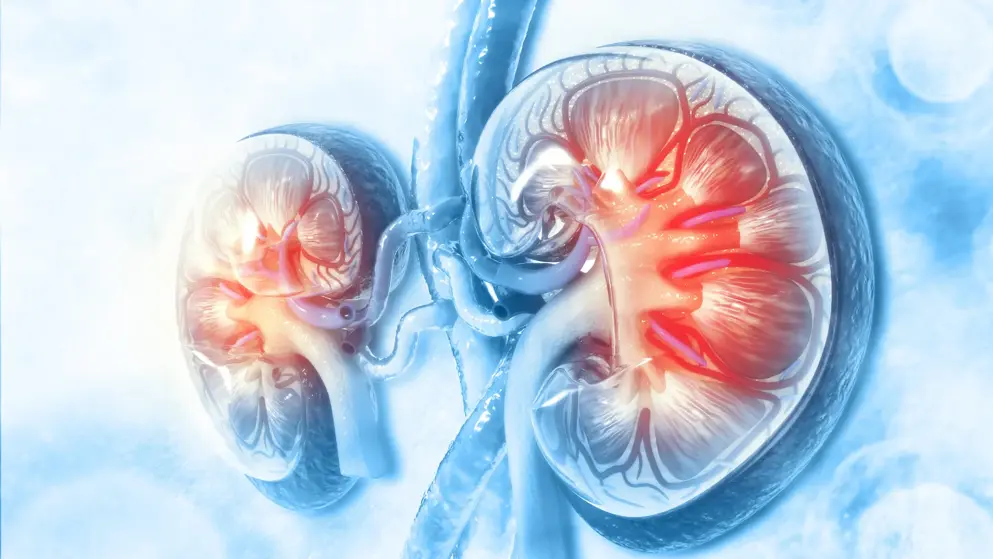Potassium homeostasis and management of dyskalemia in kidney diseases: conclusions from a Kidney Disease: Improving Global Outcomes (KDIGO) Controversies Conference
Potassium homeostasis and management of dyskalemia in kidney diseases: conclusions from a Kidney Disease: Improving Global Outcomes (KDIGO) Controversies Conference
Potassium disorders are common in patients with kidney disease, particularly in patients with tubular disorders and low glomerular filtration rate. A multidisciplinary group of researchers and clinicians met in October 2018 to identify evidence and address controversies in potassium management. The issues discussed encompassed our latest understanding of the regulation of tubular potassium excretion in health and disease; the relationship of potassium intake to cardiovascular and kidney outcomes, with increasing evidence showing beneficial associations with plant-based diet and data to suggest a paradigm shift from the idea of dietary restriction toward fostering patterns of eating that are associated with better outcomes; the paucity of data on the effect of dietary modification in restoring abnormal serum potassium to the normal range; a novel diagnostic algorithm for hypokalemia that takes into account the ascendency of the clinical context in determining cause, aligning the educational strategy with a practical approach to diagnosis; and therapeutic approaches in managing hyperkalemia when chronic and in the emergency or hospital ward. In sum, we provide here our conference deliberations on potassium homeostasis in health and disease, guidance for evaluation and management of dyskalemias in the context of kidney diseases, and research priorities in each of the above areas.
Read abstract on library site Access full article
Featured Learning Zones
You may be interested in...
The 2023 update of the German Society of Neurology’s guideline on Parkinson’s disease (PD) provides detailed recommendations on the use of transcranial brain parenchyma sonography (TCS) for early and differential diagnosis. This update addresses previously unspecified diagnostic criteria and investigator qualifications, offering a robust framework based on a systematic literature review.




